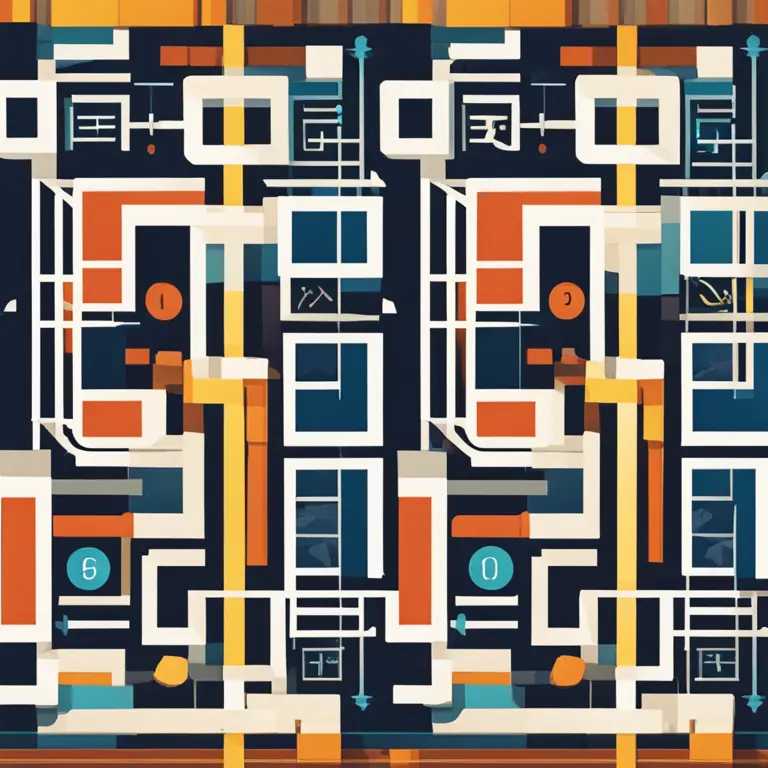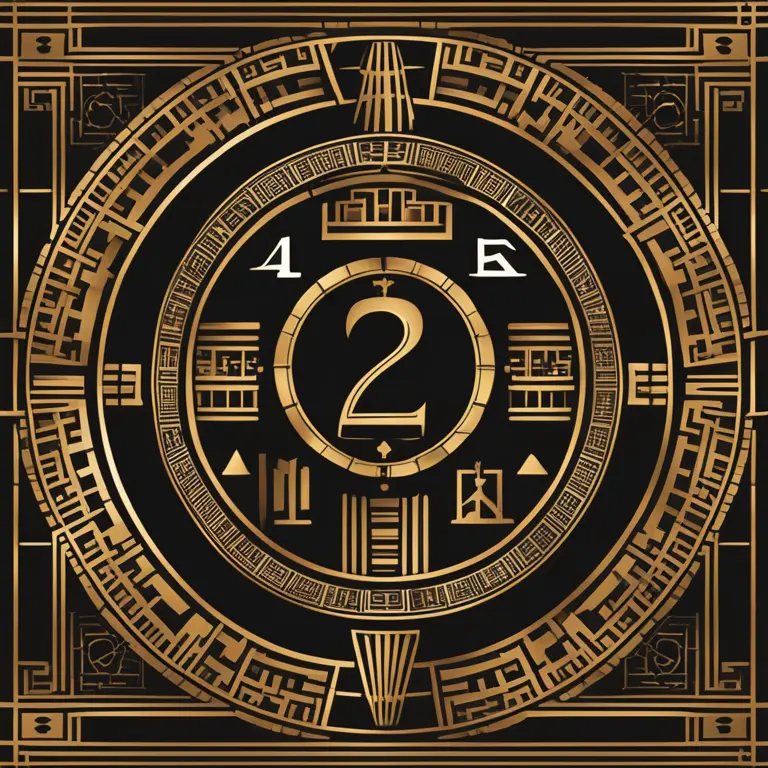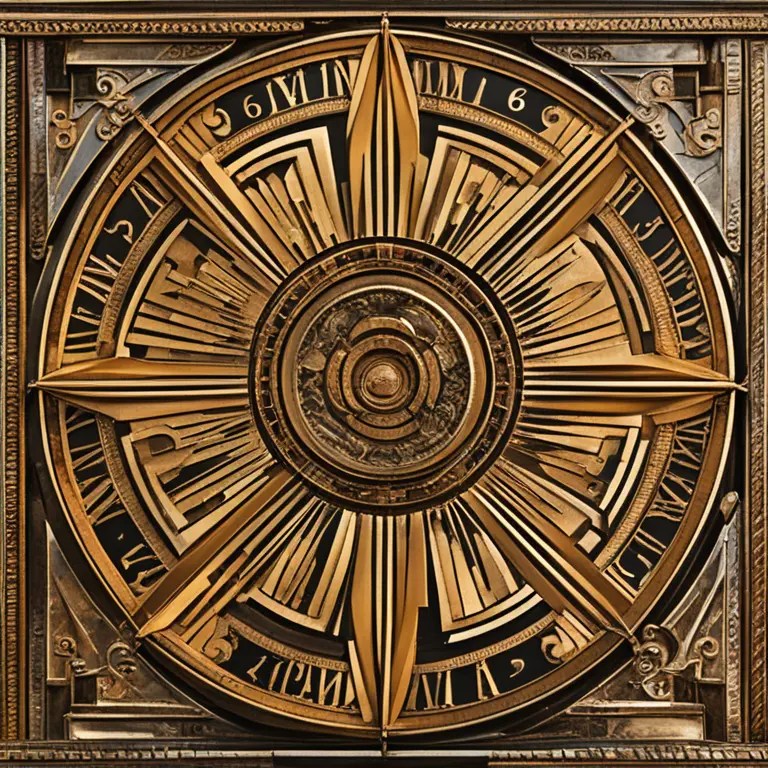
The Truth of Numerology: Fact or Fiction?
Delve into the world of numerology to discern its validity and significance in modern times, examining evidence and insights from various perspectives.
article by Sofia Ferguson
Numerology's Ancient Roots
Numerology, the study of numbers' spiritual and mystical significance, has long intrigued human civilization. Its origins trace back to the ancient cultures of Egypt and Babylon, where numbers transcended mere counting. In classical Greece, the philosopher Pythagoras advanced the idea that numbers are the essence of all life, thereby carving the early foundations of numerology. Today, numerology's presence is felt in various cultures, each adding a unique flavor to this age-old practice. Despite its antiquity, contemporary interest persists, drawing individuals keen on insights into their lives and destinies.

Numerology in a Skeptical World
In an era where empirical evidence reigns supreme, numerology occupies a peculiar space. Skeptics dismiss it for lack of scientific grounding, yet it finds resonance with those seeking deeper meaning beyond the material world. Critics argue numerology's interpretations are too general or prone to confirmation bias, meaning individuals may believe because they want the insights to be true. Advocates, however, cite personal transformations and accurate predictions as evidence of numerology's legitimacy. This split reflects a broader societal tension between rationalism and mysticism, with numerology at its intersection.

The Mechanisms of Numerology
Numerology operates on the premise that the universe is a system defined by patterns, and numbers are the simplest elements of that system. Practitioners use various methods, such as the Life Path and Destiny numbers derived from a person's birthdate and name to develop numerological charts. Advocates believe these charts can guide decision-making, relationships, and career paths. While skeptics question its validity, proponents claim that numerology, like any language, requires fluency for accurate interpretation and application to one's life.

Evaluating Numerological Claims
The scientific community's consensus is that numerology lacks predictive power; it is not a science but a belief system. This viewpoint stems from the absence of controlled, replicable studies yielding statistically significant results. Numerology, as with all esoteric practices, hinges on individual interpretation and subjective experience rather than objective measurements. This subjectivity is both the source of fascination for proponents and the point of contention for detractors.

Numerology in the Digital Era
The advent of data science and algorithms has led to increased scrutiny of numerology. Ironically, it has also fueled its popularity. Online platforms offer personalized readings, while apps calculate numbers in seconds, democratizing access to numerological insights. Despite advanced technology's capabilities, it has yet to bridge the divide between numerology and empirical validation. Nonetheless, the continued integration of technology suggests a future where numerology may evolve technologically, if not scientifically.
Personal Choice and Belief
In a world where individualism is celebrated, numerology presents another avenue for personal exploration. Whether one views numerology as a real and guiding force or an entertaining diversion depends on the lens through which they see the world. It's a personal belief, not universally sharable through empirical data or common experience. Interpretations and effectiveness reside in the realm of individual discernment, much like art appreciation or spiritual faith.
Published: 1/16/2024
Modified: 1/16/2024
More predictions
Come back here soon to learn more about yourself and your future


The Essence of Numerology's Number 4
Delve into the steadfast and structured world of Numerology's Number 4, revealing the traits and influence it has in our lives.


Find Your Love With Numerology
Discover numerology’s potential in guiding your heart – could numbers chart your course to romantic bliss? Find out with our insights on numerology and love.


Today's Numerological Vibrations Unlocked
Discover today's numerological vibrations and see how the numbers shape your personal journey and influence your day-to-day life.